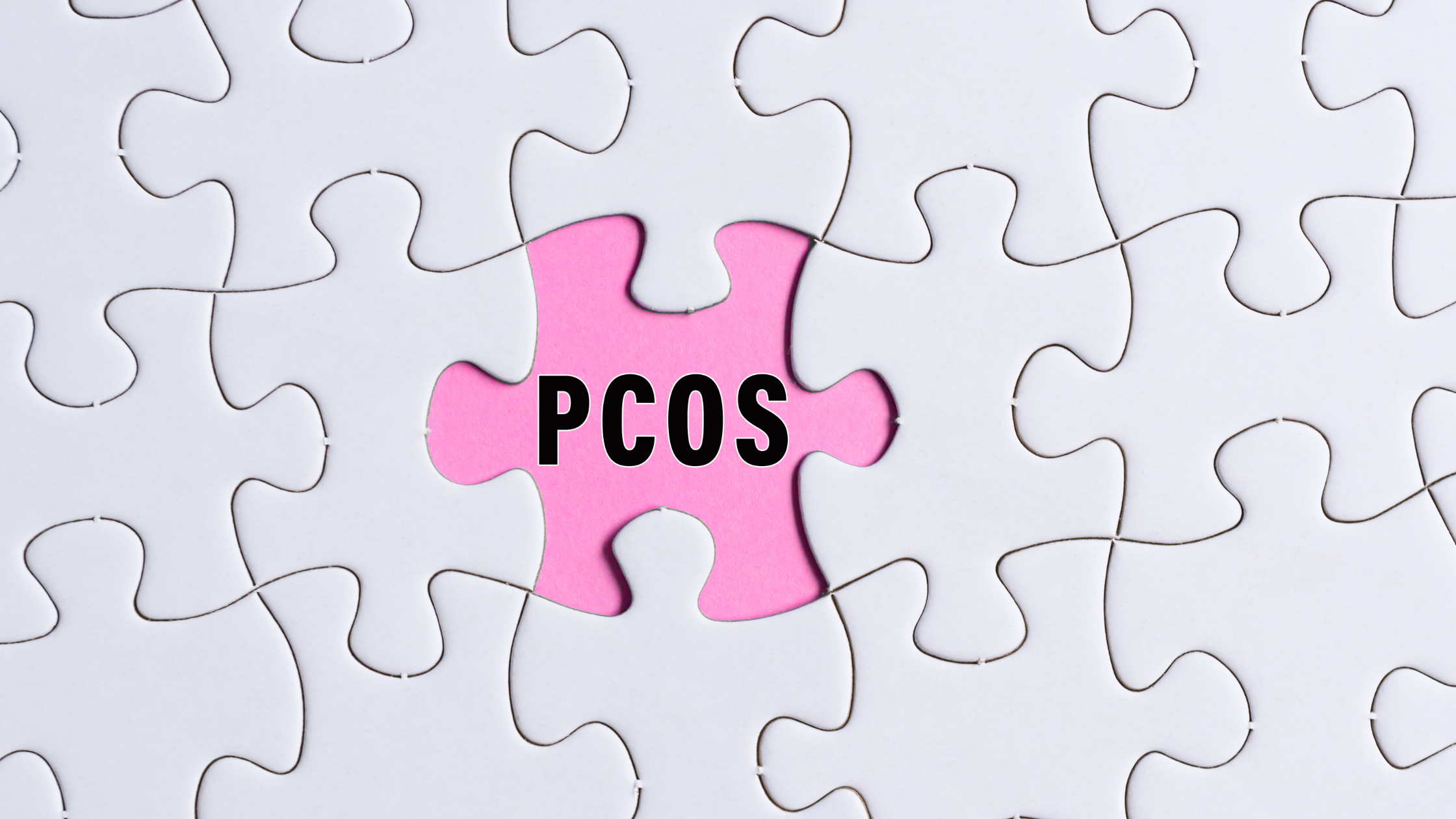
Polycystic ovary syndrome (PCOS) affects millions of women worldwide and is characterized by hormonal imbalances, irregular menstrual cycles, and the presence of cysts on the ovaries. While the exact causes of PCOS are still not fully understood, emerging research suggests that sleep plays a crucial role in the development and management of this condition. In this blog post, we will explore the intricate relationship between sleep and PCOS, shedding light on how improving sleep quality and prioritizing healthy sleep habits can help alleviate symptoms and improve overall well-being.
The Connection between PCOS and Sleep:
Sleep disturbances are prevalent among women with PCOS, and growing evidence suggests that these disruptions may contribute to the progression and severity of the condition. Several factors link PCOS and sleep, including:
-
Insulin Resistance: Both PCOS and sleep disorders, such as obstructive sleep apnea (OSA) and insomnia, have been associated with insulin resistance. Poor sleep quality and duration can exacerbate insulin resistance, leading to weight gain, metabolic dysfunction, and hormonal imbalances—hallmarks of PCOS.
-
Hormonal Imbalances: Sleep disruption can disrupt the delicate balance of hormones involved in regulating the menstrual cycle and reproductive system. Disruptions in the secretion of luteinizing hormone (LH), follicle-stimulating hormone (FSH), estrogen, and progesterone can exacerbate PCOS symptoms and contribute to infertility.
-
Chronic Inflammation: Sleep deprivation and poor sleep quality can trigger chronic low-grade inflammation in the body. Inflammation plays a pivotal role in the development of PCOS and its associated complications, such as insulin resistance, cardiovascular problems, and infertility.
Improving Sleep Quality to Manage PCOS:
Fortunately, by making sleep a priority and adopting healthy sleep habits, women with PCOS can significantly improve their quality of life and manage their symptoms effectively. Here are some practical strategies to enhance sleep:
-
Maintain a Consistent Sleep Schedule: Establishing a regular sleep routine by going to bed and waking up at the same time every day helps regulate the body's internal clock, promoting better sleep quality.
-
Create a Relaxing Bedtime Routine: Engage in relaxing activities, such as reading a book, taking a warm bath, or practicing meditation, to signal your body and mind that it's time to wind down and prepare for sleep.
-
Optimize Your Sleep Environment: Make your bedroom conducive to sleep by keeping it cool, dark, and quiet. Use blackout curtains, earplugs, or white noise machines, if necessary, to minimize external disruptions.
-
Limit Screen Time: Avoid electronic devices, such as smartphones, tablets, and laptops, before bedtime, as the blue light emitted by these devices can interfere with the production of melatonin, a hormone that regulates sleep.
-
Regular Exercise: Engaging in regular physical activity during the day can promote better sleep quality. Aim for at least 30 minutes of moderate exercise most days of the week, but avoid intense workouts close to bedtime.
-
Watch Your Diet: Adopting a balanced and nutritious diet can positively impact both sleep and PCOS symptoms. Avoid heavy meals before bedtime and limit caffeine and alcohol consumption, as they can disrupt sleep patterns.
-
Seek Professional Help: If sleep disturbances persist despite adopting healthy sleep habits, consider consulting a healthcare professional specializing in sleep medicine or a gynecologist familiar with PCOS management.
Conclusion
Sleep plays a critical role in the management of PCOS symptoms. By prioritizing sleep and adopting healthy sleep habits, women with PCOS can improve hormonal balance, reduce insulin resistance, and alleviate associated complications. Recognizing the intricate relationship between sleep and PCOS empowers individuals to take control of their health and make informed decisions that promote overall well-being.
If you or someone you know is struggling with sleep deprivation, then please click the orange button below to take a free online sleep test and talk with one of our sleep health professionals.

